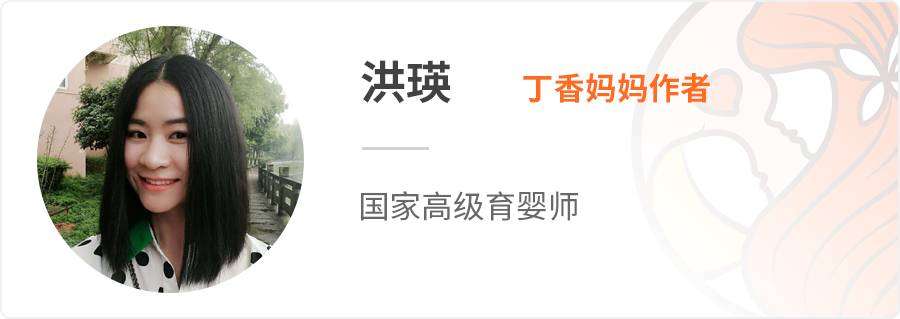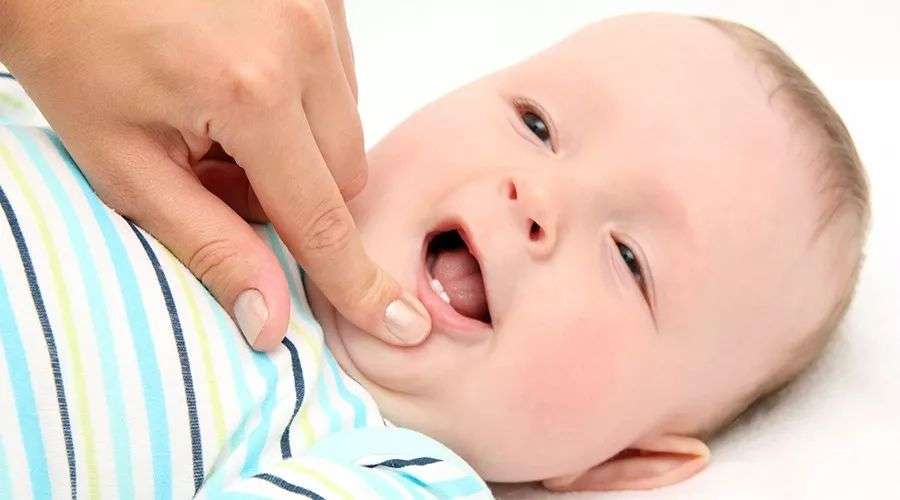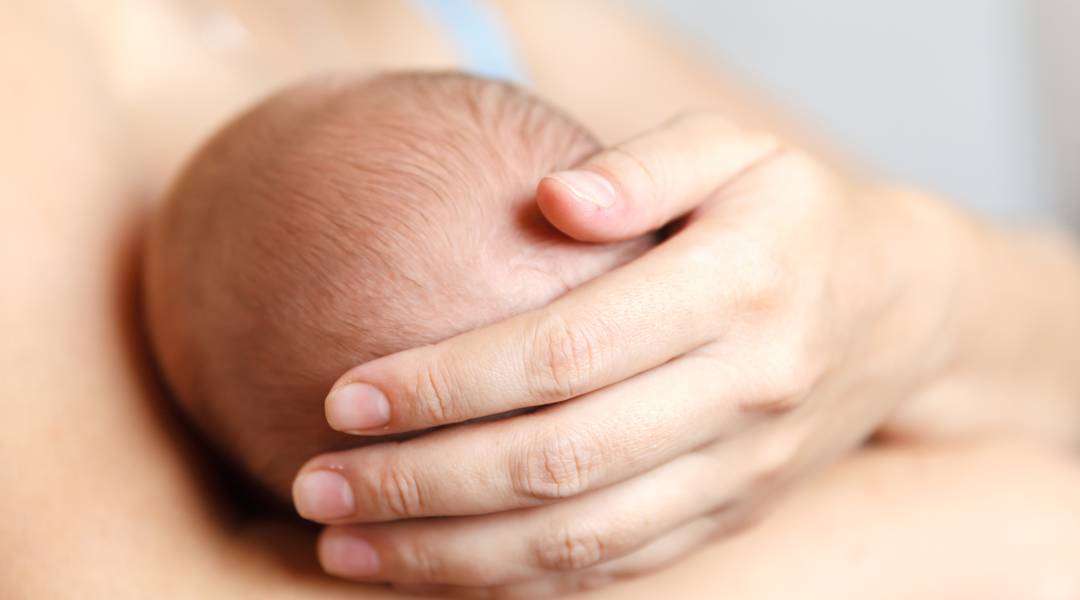
Speaking of the topic of “calcium supplement”, it is also the “top ten unsolved mysteries of raising babies” in mothers’ minds.Pillow baldness, late teething, short stature… It seems that once a baby has something [strange], it is all related to [calcium deficiency]. If he does not supplement calcium to his child, he will become an incompetent parent…
However, Hong Ying, a senior national nursery teacher, wants to tell everyone: These symptoms of the baby are really not calcium deficiency, so don’t make up for them blindly.


Occipital baldness

Pillow baldness can be said to be the most commonly considered symptoms caused by calcium deficiency, but in fact pillow baldness is mainly related to the repeated turning of the baby’s head and rubbing of the occipital part when lying in bed. In addition, it is also related to the hair growth cycle of the newborn. Teeth come out late and deciduous teeth grow slowly.
There is no inevitable connection between the morning and evening of teething and calcium deficiency, and it is more likely to be related to genetic genes. Some babies have not continued to grow teeth for a long time after growing several teeth. In fact, this kind of situation is very common and has nothing to do with calcium deficiency. Tooth growth is periodic and does not necessarily erupt regularly according to time. Be short in stature
In fact, the fact that children grow shorter than their peers is also closely related to genetic genes. In addition, whether feeding is reasonable or not will also affect growth and development. Blind calcium supplement cannot make children grow taller quickly. Sweat a lot
When babies sleep, sweating after activities is a common physiological phenomenon, which has little to do with calcium deficiency, but is more likely to be related to high indoor temperature. Late closure of fontanelle
The anterior fontanelle of infants is generally completely closed at the age of 18-24 months, and some infants will not close until they are two years old, which is not directly related to calcium deficiency. However, if the child lacks vitamin D, rickets may be caused, which may lead to delayed closure.
Whether the baby lacks calcium is related to whether the milk quantity and vitamin D are sufficient.
Healthy full-term babies aged 0-6 months generally do not lack calcium, because the calcium intake from milk is enough to meet the needs of physical development.
The daily milk volume of babies aged 6-12 months reaches more than 600 ml.
The daily milk volume of babies aged 1-3 is guaranteed to be above 480 ml.
Children aged 4-6 should ensure that the daily milk volume is above 300-400 ml.
Sufficient milk, daily vitamin D supplement and reasonable diet do not need to worry about calcium deficiency in children.










